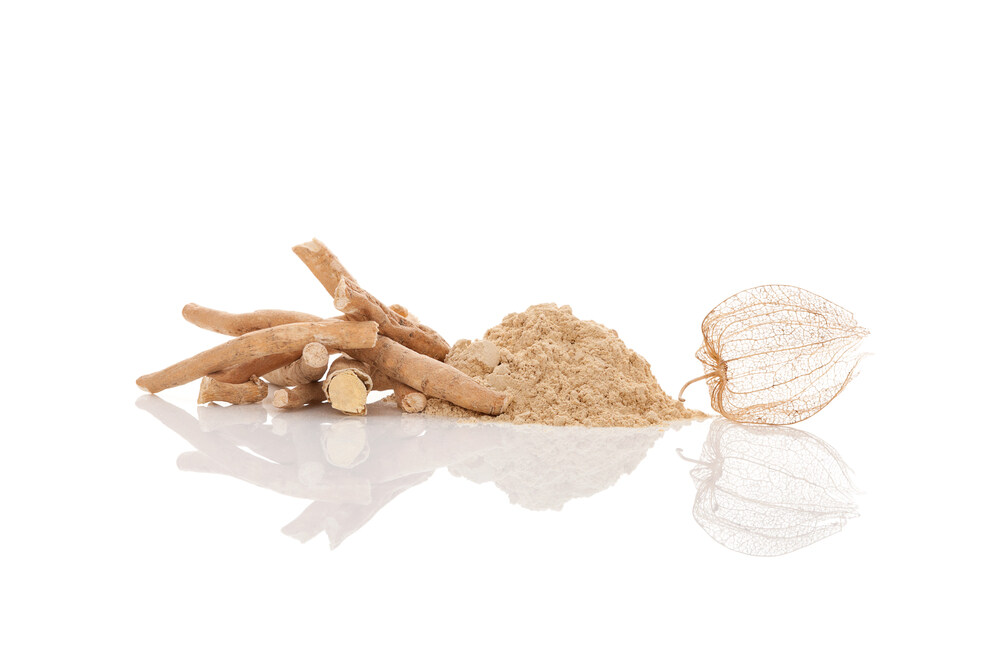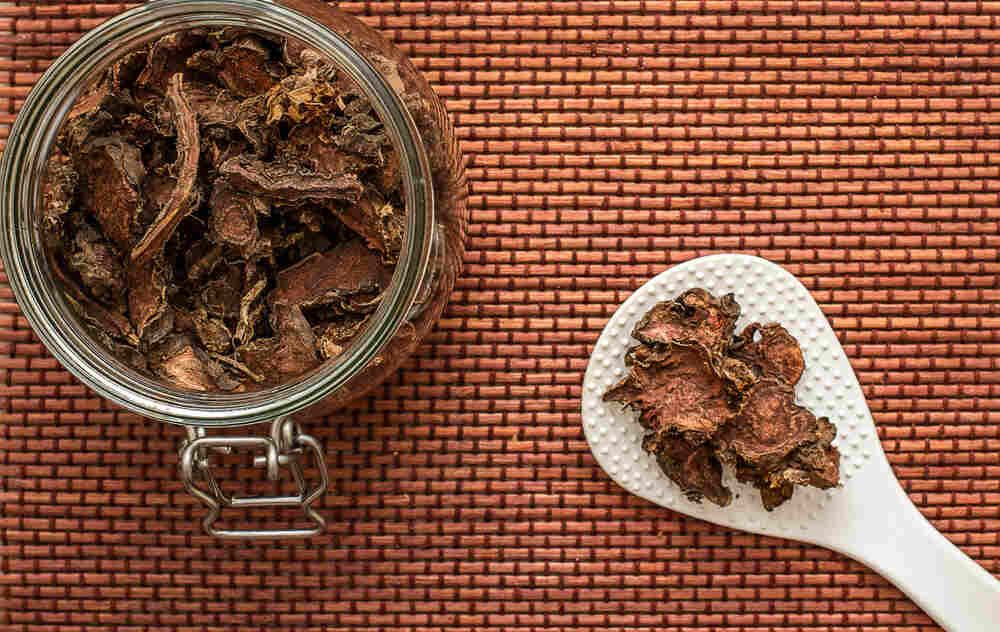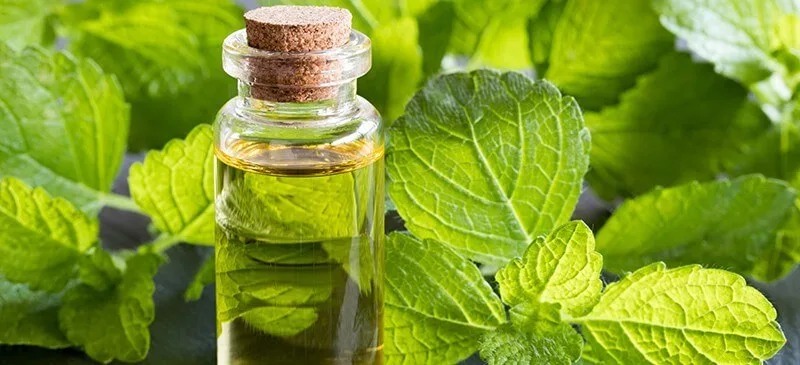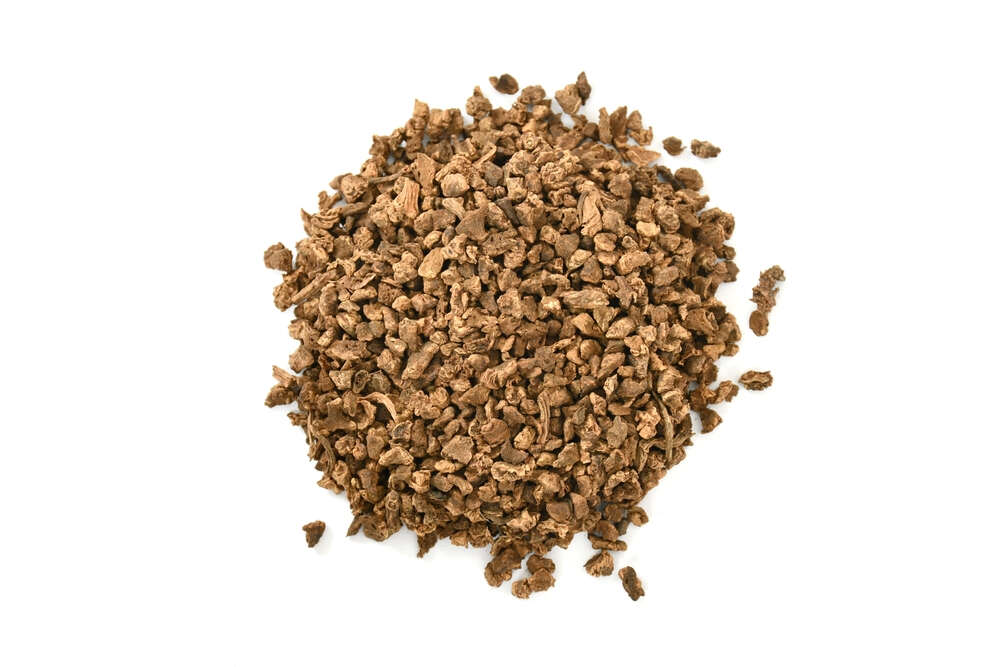“Stress less, live more. Relax your mind with moments of peace.”
Are you feeling stressed often? It can harm your health. Stress hormones, predominantly cortical, can cause inflammation, weaken your immune system, and increase the risk of high blood pressure, stroke, and heart attack. According to the National Institute of Mental Health, ongoing stress can harm every aspect of your health, leading to problems like headaches, type 2 diabetes, and anxiety.
There are proven ways to reduce stress, like having a healthy diet, regular exercise, enough sleep, and mental health support. Dietary supplements can also be helpful, though they’re not a magic solution. Some people claim that certain supplements can reduce anxiety, improve sleep, and ease depression. It’s important to note that the U.S. Food and Drug Administration (FDA) doesn’t regulate supplements like medications. Before taking any supplements, talk to your doctor.
1. May Help: Ashwagandha

- Potential Benefits
Some studies suggest that ashwagandha might help reduce stress and anxiety and improve sleep. One study involved 30 stressed but healthy adults who took 240 mg of ashwagandha extract daily for two months. Another study with 60 stressed but healthy adults tested different ashwagandha doses over eight weeks. The participants who took ashwagandha reported better sleep and less stress than those who took a placebo. However, since these studies were small, researchers needed help to make definitive conclusions about ashwagandha’s effects.
2. May Help: L-Theanine

- Potential Benefits
3. May Help: Magnesium

- Potential Benefits
Magnesium is present in green leafy vegetables, nuts, seeds, legumes, whole grains, fortified breakfast cereals, and other foods. However, as per the National Institutes of Health (NIH), many people don’t get enough magnesium. The NIH recommends 310 to 320 mg of magnesium per day for most women and 400 to 420 mg for men, with a supplement limit of 350 mg per day for adults of any gender. If you choose a supplement, the NIH suggests magnesium aspartate, citrate, lactate, or chloride, as they are absorbed better than magnesium oxide or sulfate. Additionally, be aware that some laxatives and antacids contain magnesium, so include that amount when calculating your daily magnesium intake from supplements.
4. May Help: Melatonin

Melatonin, a hormone made in the pineal gland, is released when it gets dark, helping to keep your internal clock on track and priming your body for sleep, according to the Sleep Foundation.
5. May Help: Rhodiola

- Potential Benefits
6. May Help: Lemon Balm

- Potential Benefits
A June 2019 study in the European Journal of Integrative Medicine suggests that lemon balm might help reduce anxiety and improve sleep. In this study, 80 people who had coronary artery bypass surgery were followed. Half were given 500 mg of lemon balm three times a day, while the other half received a placebo. The group that took lemon balm showed a 49 percent reduction in anxiety and a 54 percent improvement in sleep quality.
Two earlier studies also found that lemon balm could enhance mood in small groups of otherwise healthy young adults who were stressed. In one study, lemon balm was given as an extract in a yogurt snack; in the other, it was consumed as a beverage.
However, it’s important to note that research on lemon balm and anxiety is still in the early stages. More studies with larger groups from different healthy populations are required to determine if lemon balm can genuinely improve sleep and anxiety in people.
7. May Help: Valerian

Also commonly referred to as garden heliotrope or all-heal, valerian, or Valeriana officinal’s, it is an herb that grows in Europe, Asia, and North America. It is known for its calming effects and is commonly used as a dietary supplement for insomnia, anxiety, and other conditions, including depression, according to the NCCIH.
- Potential Benefits
The NCCIH says there isn’t enough good research involving people to know if valerian is effective for sleep, anxiety, depression, or menopausal symptoms. However, some early research has been done on this.
A review of 100 studies from May 2018 in Physiotherapy Research found evidence that valerian root extract might calm people with anxiety disorder. The review also suggested that valerian could be helpful as a sleep aid, with benefits similar to a common medication for anxiety and insomnia.
In a past study with 64 women undergoing an x-ray procedure (hysterosalpingography), those who took valerian capsules had less anxiety compared to women who took a placebo.
Yet, small sample sizes limit the current research, and studies have yet to test valerian on healthy populations or for long-term use. More research is needed.
Finally, a Supplement to Avoid: Kava


- Precautions
FAQ's
It’s typically safe to combine ashwagandha and magnesium. However, it’s advisable to seek advice from a healthcare professional prior to initiating any new supplement routine, particularly if you have underlying health conditions or are on medication
Yes, it’s generally safe to take ashwagandha with magnesium and L-Theanine. However, it’s always wise to consult with a healthcare provider before starting any new supplement regimen, especially if you have any health conditions or are taking medications. They can offer personalized advice based on your individual health needs and circumstances.

